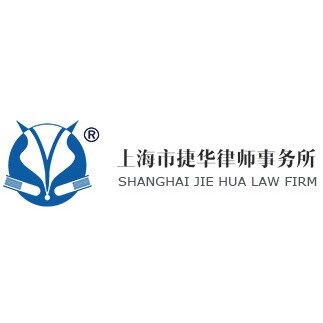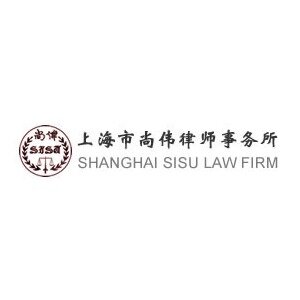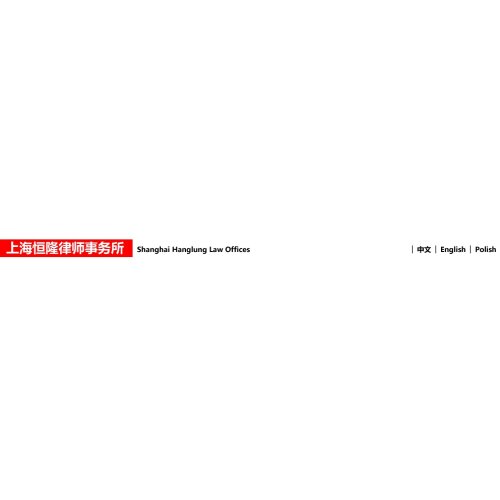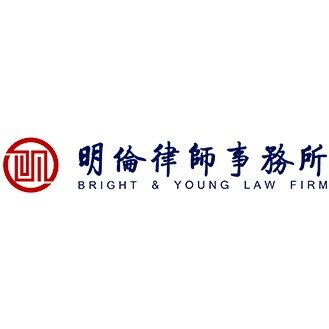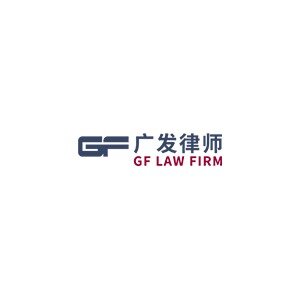Best Corporate Governance Lawyers in Shanghai
Share your needs with us, get contacted by law firms.
Free. Takes 2 min.
List of the best lawyers in Shanghai, China
About Corporate Governance Law in Shanghai, China
Corporate governance refers to the system of rules, practices, and processes by which companies are directed and controlled. In Shanghai, China, corporate governance is a critical component for both domestic and foreign-invested enterprises due to the city's status as a leading commercial and financial hub. Laws and regulations in Shanghai aim to ensure transparency, fairness, and accountability within corporate structures. As such, companies operating in Shanghai must strictly adhere to laws regulating the composition of boards of directors, shareholders' rights, executive responsibilities, and disclosures to regulatory authorities.
Why You May Need a Lawyer
Seeking legal advice in the field of corporate governance is essential for various reasons:
- Navigating the complex web of local and national regulations governing company operations.
- Establishing a new business and ensuring compliance with registration and reporting requirements.
- Handling mergers, acquisitions, or restructuring that require strict adherence to governance standards.
- Resolving disputes among shareholders, directors, or executive teams.
- Ensuring that corporate decisions comply with statutory requirements, especially when issuing shares, dividends, or changing corporate structure.
- Managing risk to avoid personal liability for directors and managers.
- Addressing compliance with anti-corruption, anti-fraud, and disclosure laws relevant to corporate conduct.
A lawyer experienced in corporate governance can provide guidance to avoid costly legal pitfalls and maintain a solid reputation in the Shanghai business community.
Local Laws Overview
Corporate governance in Shanghai operates under a combination of national laws enacted by the People’s Republic of China and local Shanghai regulations. Key legislative instruments include:
- Company Law of the PRC - The primary source that governs the formation, management structure, and dissolution of companies, including limited liability companies and joint stock companies.
- Securities Law - Sets out disclosure and transparency requirements for publicly listed companies.
- Corporate Governance Codes - Guidelines for best practice issued by regulatory authorities such as the China Securities Regulatory Commission (CSRC) and the Shanghai Stock Exchange.
- Foreign Investment Law - Regulates how foreign-invested enterprises must be governed and integrated within the local corporate landscape.
- Local Shanghai Directives - Supplementary rules addressing specific regulatory or operational issues within Shanghai.
These frameworks emphasize obligations regarding board structure, shareholder meetings, disclosure of material events, supervisory board functions, audit procedures, and stakeholder rights. Non-compliance may result in regulatory penalties, civil liabilities, or criminal sanctions.
Frequently Asked Questions
What is the role of the board of directors in a Shanghai-based company?
The board of directors is responsible for making strategic decisions, supervising management, and safeguarding the interests of the company and its shareholders. They must operate within the company’s articles of association and comply with relevant laws.
How are shareholders' rights protected under Shanghai's corporate governance laws?
Shareholders are protected by statutory rights, including the right to vote in meetings, receive dividends, and access certain company information. Dispute mechanisms are also available to resolve violations of shareholders' interests.
What are the key disclosures required by companies in Shanghai?
Companies, especially those publicly listed, must disclose financial statements, substantial transactions, shareholder changes, major management decisions, and any occurrence that may significantly impact the company’s share price or operations.
Are foreign-invested enterprises governed differently compared to domestic companies?
Foreign-invested enterprises must comply with the Foreign Investment Law and related guidelines. While core governance rules are similar, certain additional requirements may apply, especially regarding registering foreign investment and reporting obligations.
How are conflicts of interest managed within corporate entities?
Directors and officers are required to act in the company's best interests, disclose conflicts, and abstain from voting where a conflict exists. Failure to do so can result in personal liability or administrative penalties.
What oversight do regulatory bodies have over corporate governance in Shanghai?
Regulatory bodies such as the China Securities Regulatory Commission and the Shanghai Administration for Market Regulation monitor corporate conduct, issue compliance guidelines, and may investigate and penalize violations.
How often does a company need to hold shareholder meetings?
At least one annual general meeting must be held each year. Special meetings may be called for significant corporate actions as stipulated in the articles of association or upon request by eligible shareholders.
What are the responsibilities of a supervisory board in Shanghai corporations?
The supervisory board monitors company finances, oversees the board of directors, ensures compliance with laws, and may investigate issues that could harm the company or shareholders.
How can directors and managers be held accountable for misconduct?
Directors and managers can face civil liability for damages to the company or its stakeholders, administrative penalties by regulators, and in severe cases, criminal prosecution.
What practical steps can companies take to improve their corporate governance?
Establish robust internal controls, ensure regular and transparent reporting, provide continuous training to directors, and engage legal counsel to audit governance practices and update corporate policies as regulations evolve.
Additional Resources
Several resources are available for individuals and companies requiring further information or assistance with corporate governance in Shanghai, including:
- Local law firms with a dedicated corporate governance practice.
- Shanghai Bar Association for lawyer referrals and professional guidance.
- China Securities Regulatory Commission (CSRC) for guidelines on listed company governance.
- Shanghai Municipal Bureau of Justice for legal aid and mediation services.
- Shanghai Administration for Market Regulation for company registration queries and compliance requirements.
- Industry-specific trade and business associations.
Next Steps
If you require legal assistance in corporate governance:
- Identify the specific issue or concern you are facing, such as compliance, dispute resolution, or company formation.
- Compile relevant company documents and any communications pertinent to the issue.
- Contact a reputable law firm or practitioner experienced in Shanghai corporate governance law.
- Prepare a list of questions or goals for your initial consultation.
- Review any advice provided and work with your legal advisor to implement compliant and practical governance solutions.
Prompt legal guidance can protect your company’s interests, ensure compliance, and foster long-term success within Shanghai’s robust business environment.
Lawzana helps you find the best lawyers and law firms in Shanghai through a curated and pre-screened list of qualified legal professionals. Our platform offers rankings and detailed profiles of attorneys and law firms, allowing you to compare based on practice areas, including Corporate Governance, experience, and client feedback.
Each profile includes a description of the firm's areas of practice, client reviews, team members and partners, year of establishment, spoken languages, office locations, contact information, social media presence, and any published articles or resources. Most firms on our platform speak English and are experienced in both local and international legal matters.
Get a quote from top-rated law firms in Shanghai, China — quickly, securely, and without unnecessary hassle.
Disclaimer:
The information provided on this page is for general informational purposes only and does not constitute legal advice. While we strive to ensure the accuracy and relevance of the content, legal information may change over time, and interpretations of the law can vary. You should always consult with a qualified legal professional for advice specific to your situation.
We disclaim all liability for actions taken or not taken based on the content of this page. If you believe any information is incorrect or outdated, please contact us, and we will review and update it where appropriate.



